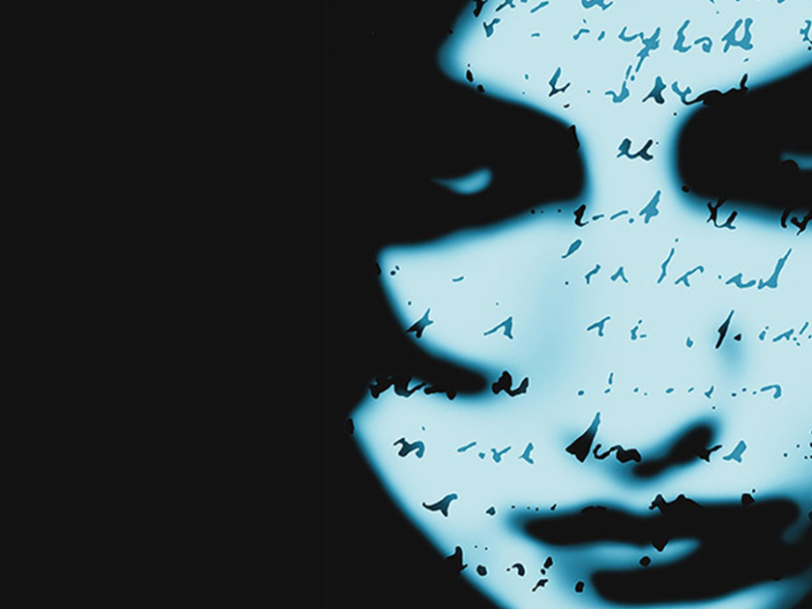With their 1994 concept album, Brave, British progressive-rock legends Marillion embarked on a perilous journey into the troubled psyche of a young girl struggling to find her place in the modern world. Based loosely upon a true story, the album elaborates on the girl’s plight with chilling atmospherics and heartrendingly epic song arrangements that saw the band make a bold return to classic prog-rock territory.
Standing the test of time as a powerful statement on mental health, sexual abuse and emotional dysfunction, Brave has come to be regarded as one of Marillion’s finest achievements – a haunting rock opera that vividly explores the darker aspects of the human condition. Here’s why…
Listen to ‘Brave’ here.
The backstory: “I thought, That sounds like the first page of a mystery novel”
Back in late 1988, a disturbing news story caught the ear of Marillion frontman Steve Hogarth as he was listening to the radio. The police had discovered a young girl wandering around in a confused state near the M4 motorway, worryingly close to the Severn Bridge – a notorious suicide spot located on the border between England and Wales.
After taking the girl to a hospital in Bristol, investigations into her identity proved fruitless; she was mute and unresponsive, seemingly unable to remember her name or who exactly she was whenever nurses or police officers asked her questions. “The petite girl, aged 14-18,” wrote a news reporter for the Aberdeen Evening Express, “appears to be deaf and dumb and is not responding to police questioning.”
“I thought, That sounds like the first page of a mystery novel,” Hogarth later told Prog magazine. It wasn’t until five years later, however, that the singer decided to revisit the story of “the Silent Woman of Severn Bridge” for a concept album called Brave, a chilling exploration of psychological abuse and mental illness that would prove to be one of Marillion’s most ambitious and formidable projects.
The recording: “We all thought it would make for an interesting record”
Opting to record the album at Château De Marouatte, in the South of France, Marillion met with producer Dave Meegan in early 1993 to embark upon this dark and macabre musical undertaking. “We went there with a truck full of technology and turned the place into a recording studio,” Hogarth later recalled. Realising that Brave’s subject matter called for a sweeping and theatrical sound, the band returned once again to prog-rock’s more conceptual waters, working up lengthier compositions and more complex ideas than the ones they had developed for their previous album, 1991’s Holidays In Eden.




